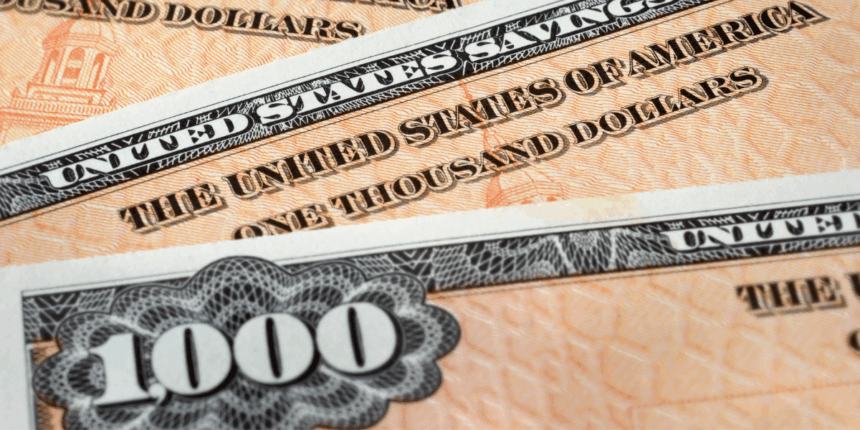The coffee sector remains an area of significant interest for investors, largely due to its stable $20 billion U.S. market. The reliability and habitual nature of coffee consumption have positioned it as a resilient investment category. However, external factors like trade policies are now impacting pricing structures, creating a mixed bag of challenges and opportunities for coffee companies. Notably, Dutch Bros is navigating this complex landscape, leveraging its strategic model and market positioning to counteract potential setbacks.
In December 2024, tariffs implemented by the U.S. administration placed an additional burden on coffee imports from Brazil, a key supplier. Historically, such economic measures have driven price hikes and reshaped the operating environment for coffee businesses. Dutch Bros has persisted by maintaining a robust growth strategy. Previous expansions into Southeast and Midwest markets have strengthened its national presence, underscoring scalability even amid cost pressures.
Why Are Tariffs Impacting Dutch Bros Now?
Dutch Bros faces cost increases due to the 30% tariff on Brazilian coffee beans, which could affect its profit margins. Coffee beans being the core of their costs, make tariff implications particularly critical. Nonetheless, diversification in sourcing has been a keystone for Dutch Bros, enabling it to mitigate risks associated with single-region dependency.
How Is Dutch Bros Adapting to These Tariff Challenges?
Dutch Bros employs a proactive approach, tapping into alternative coffee sources across 30 other countries. Enhancements in their mobile ordering platform and efficiency improvements are strategic moves to absorb and manage the financial impact of increased costs. The company stated,
“Our diversified supply chain puts us in a solid position to navigate these challenges effectively.”
Their margin management indicates tactical control over operating expenditures, though labor costs present another layer of complexity. As stated,
“We remain committed to our expansion goals while focusing on maintaining operational excellence against rising cost structures.”
Management anticipates potential margin fluctuations but emphasizes strategic measures to smooth out these variances.
The expansion strategy holds that coffee retailers can still thrive in uncertain times. Dutch Bros intends to open 160 new stores, thereby stretching its footprint farther and deeper into untapped territories. This move is aligned with positioning the brand as a formidable contender in the coffee industry against giants such as Starbucks (NASDAQ:SBUX).
Investment analysts suggest a favorable outlook due to Dutch Bros’ technological investments and customer-centric strategy. The company’s drive-thru format and small-scale model allow faster adaptation and expansion compared to larger chains with heavier infrastructures. Despite current market conditions, Dutch Bros has seen a substantial stock appreciation from its previous fiscal year, hinting at market confidence.
Investors would do well to observe Dutch Bros’ momentum in light of its challenges with coping mechanisms and expansion initiatives displaying balanced pragmatism. The strategy to navigate tariff impacts while continuing aggressive expansion initiatives demonstrates Dutch Bros’ resilience. Moreover, insights into supply diversification and pricing strategies could serve as vital lessons for other companies adapting to fluctuating economic climates.










